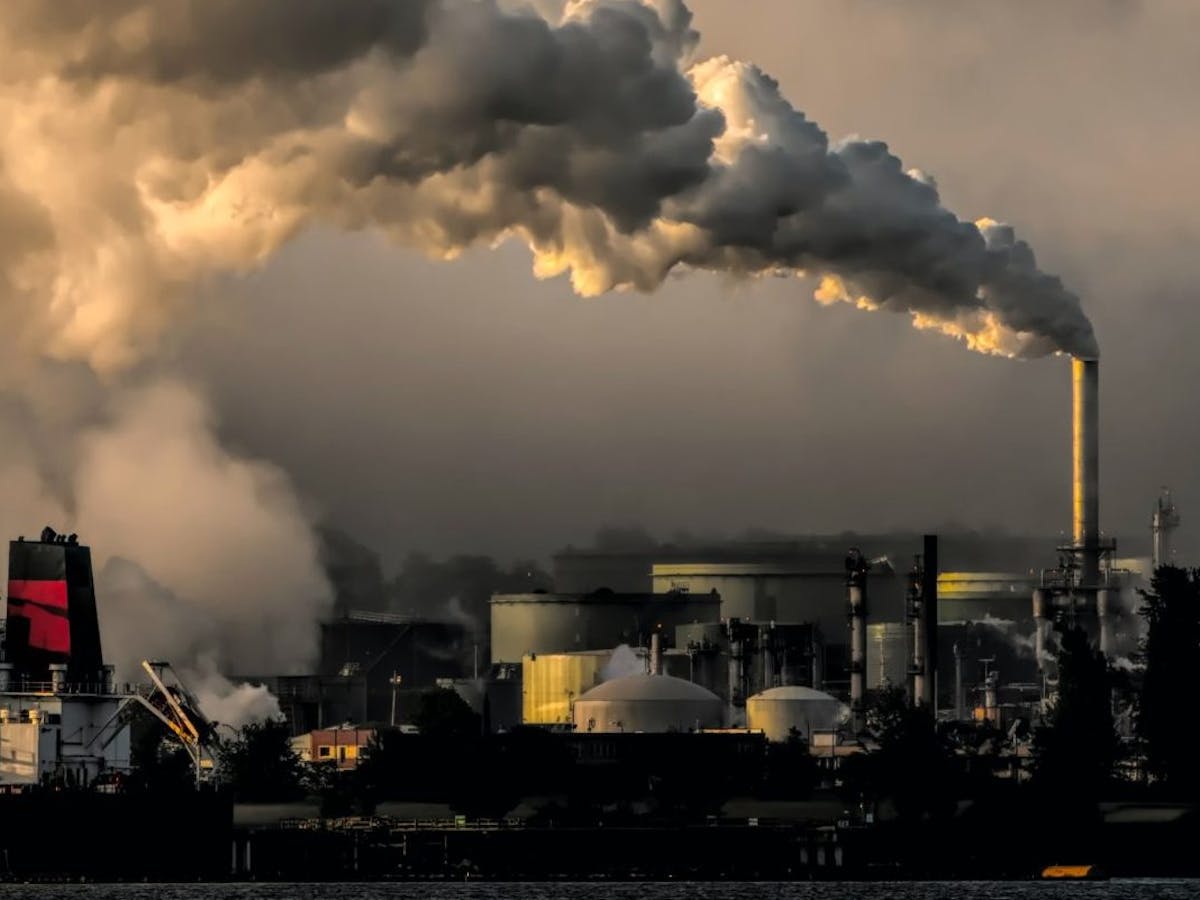2021 witnessed a monumental shift: a conclusive end to international public finance for coal and the beginning of the end for international public finance for oil and gas. The COP26 Statement on International Public Support for the Clean Energy Transition includes a ground-breaking commitment to end international public fossil finance for all of coal, oil, and gas by 2022. The participation of energy financing heavyweights, including the G20’s largest fossil financier Canada, as well as the US, the UK, Spain, and Germany, is a historic step forward, creating pulling power for ending public fossil fuel finance.
The end of public finance for coal power generation
Progress on ending international public finance for coal finally arrived with a rush during 2021 and reflects the magnetism of COP26 as a moment for delivery. The UK and Italian Presidencies of the G7 and G20 both advanced the agenda, while the EU pushed for action within the OECD. The G7 summit in June saw coal go all the way to Leaders. This resulted in an agreement on ending finance for unabated coal power generation. This included Japan, the world’s second-largest financier of coal power overseas. It followed a similar pledge earlier this year by the third-largest coal funder South Korea.
At the UN General Assembly in September, China, the world’s largest provider of international public finance for coal, announced that it would stop building coal power plants overseas. This potentially implicates 40GW of coal projects across 20 countries. OECD governments also reached an agreement on ending coal finance from export credit agencies, despite opposition from Australia. Finally, the G20 summit saw Leaders discuss coal exit for the first time, agreeing to end international coal finance by the end of 2021.
The beginning of the end for international fossil finance
The UK became the first country to end fossil fuel finance in December 2020. Under its G7 Presidency, it secured a vague commitment to “phase out new direct government support for international carbon-intensive fossil fuel energy as soon as possible”. In August, the US announced its new overseas fossil finance phase-out policy, which aims to end international development finance for fossil fuels through both its public agencies and US shareholdings in Multinational Development Banks (MDBs). MDBs have financed $12.6 billion in fossil fuels between 2018 and 2020.
The Statement on International Public Support for the Clean Energy Transition announced at COP26 represents a major breakthrough in ending the international public finance of fossil fuels by 2022 including a deadline for oil and gas finance. As of 10 November, it has the potential to shift $23.6billion of fossil fuel investment to clean energy. Its 30 signatories to date include some of the largest public financiers of fossil fuels, notably Canada ($11 billion per year in fossil fuel finance), the US, and the EIB. The most recent additions, including Germany, Spain, and the Netherlands, demonstrate the statement’s pulling power to bring further signatories to the table. This increases the pressure on others to move, particularly Japan, South Korea, China, and France.
Over half of the signatories are developing countries, demonstrating their recognition that sustainable economic growth requires large-scale renewable energy investments and that fossil fuel finance creates unnecessary vulnerability to the economic, social, and environmental costs associated with fossil energy.
Significant progress is crucial. Between 2018 and 2020, G20 countries channeled at least $188 billion into oil, gas, and coal projects abroad. This far outweighed their support for renewable energy ($20-$27bn annually) and is incompatible with keeping 1.5c alive.
What needs to happen next?
- The delivery of commitments made throughout 2021 and at COP26 will need to be formally tracked and monitored to hold signatories accountable. A rush to push through financing for new projects before the end of 2022 would undermine trust.
- Private sector finance for coal is now the remaining source. Leading governments can use 2022 to advance an aligned regulatory approach to restrict private finance for coal, completing a full end to coal finance by the end of the UK Presidency of COP26.
- Signatories can apply continued diplomatic pressure to bring other countries on board, particularly Japan ($10.9bn/ annually), South Korea ($10.6bn annually) and China ($7.3bn annually). France and Belgium have also yet to join.
- MDBs are now under pressure to end their provision of finance for coal, oil and gas projects, join the statement and align with its timelines. The MDB’s collective COP26 MDB statement leaves many questions unanswered, including around ending oil and gas finance.
- The end of fossil fuel finance needs to be mirrored by the mobilisation of trillions of dollars of clean energy finance per year, to keep 1.5c alive. This will require new mechanisms, instruments, and platforms.

